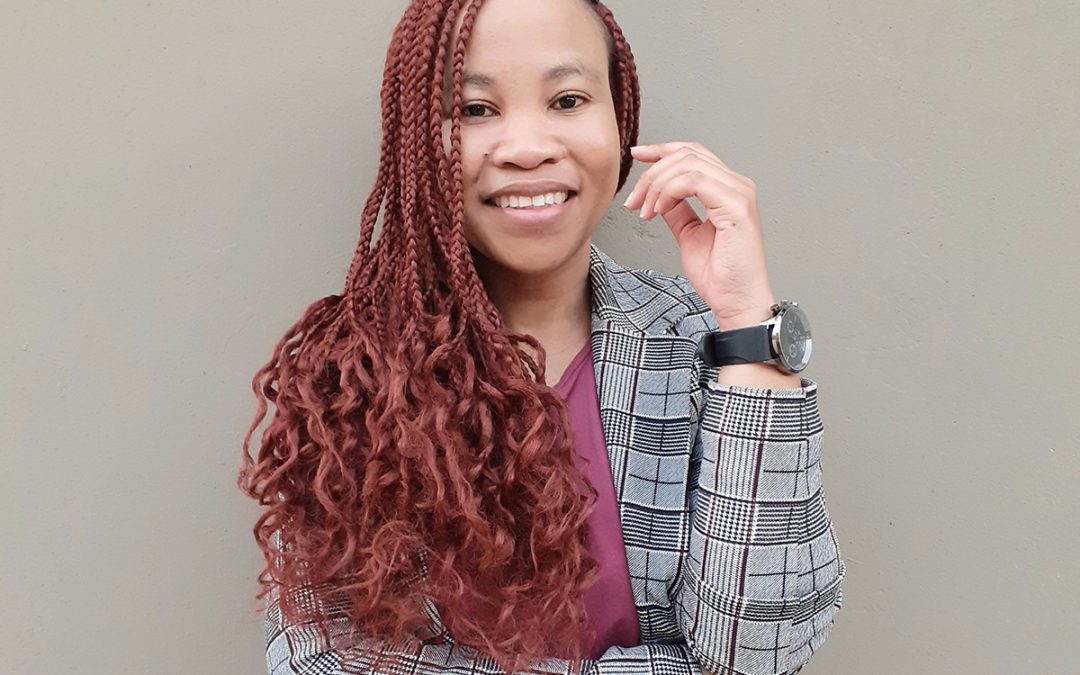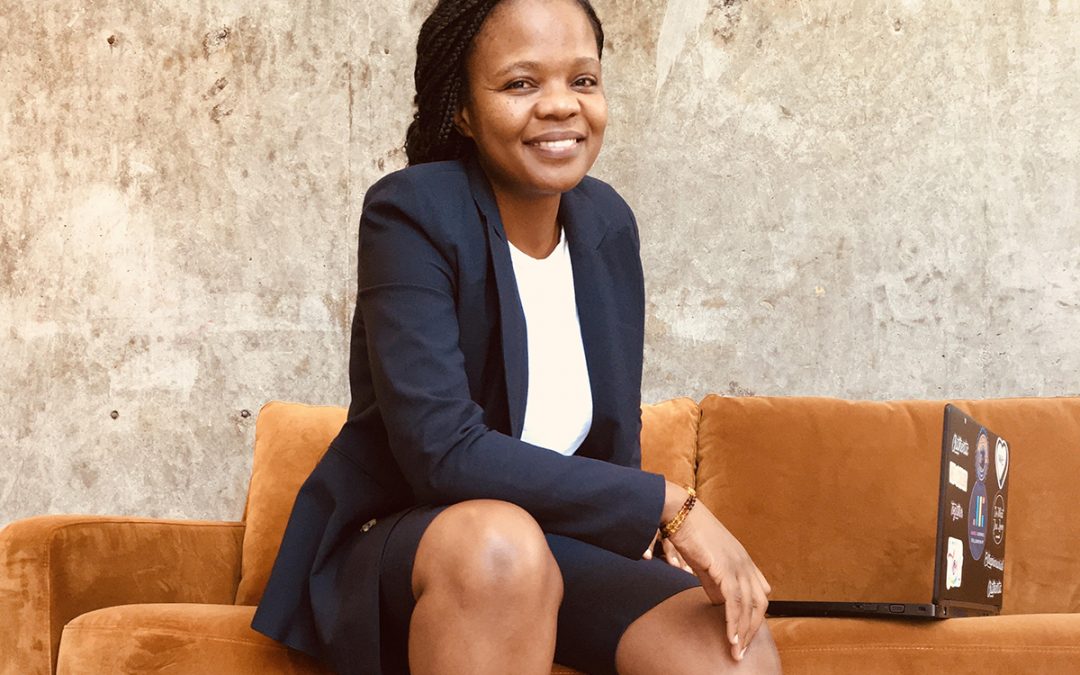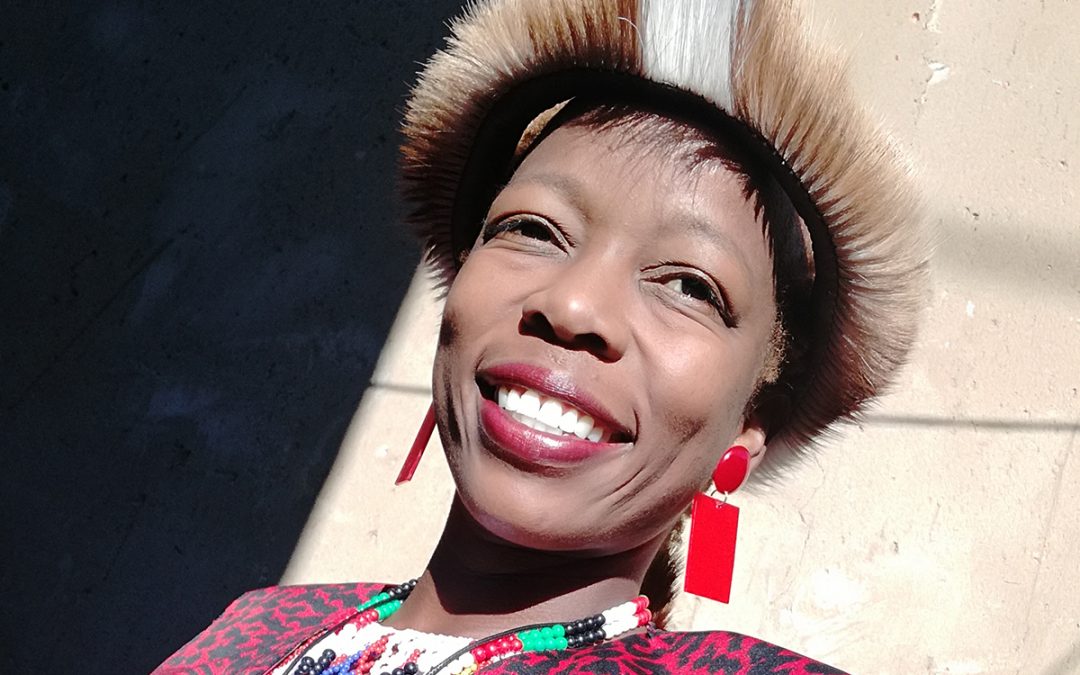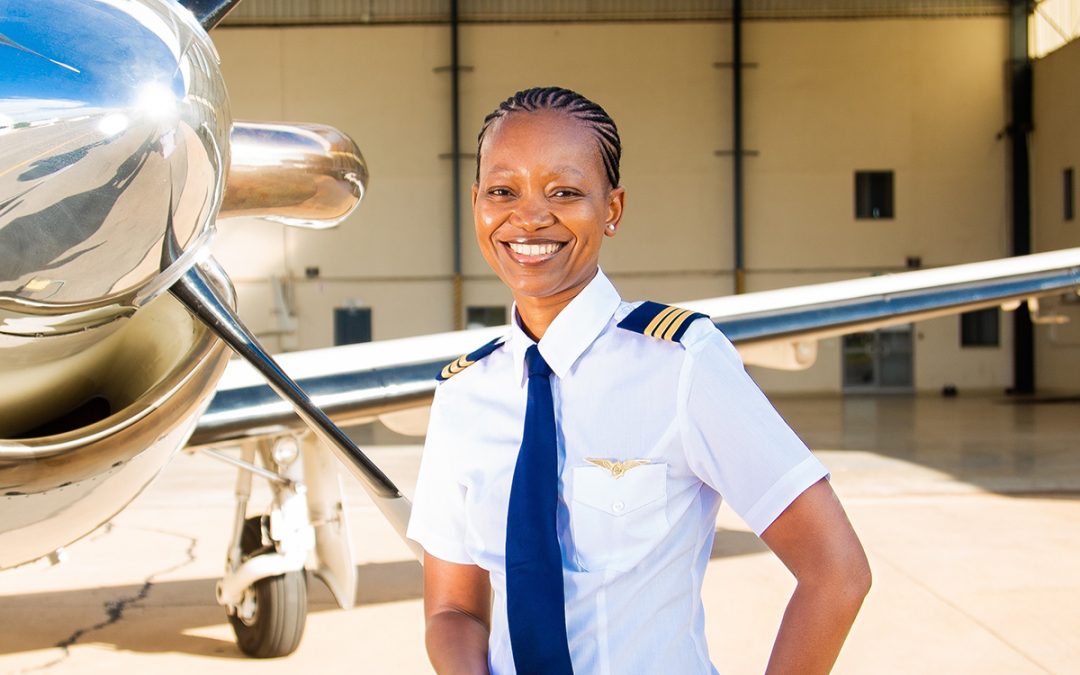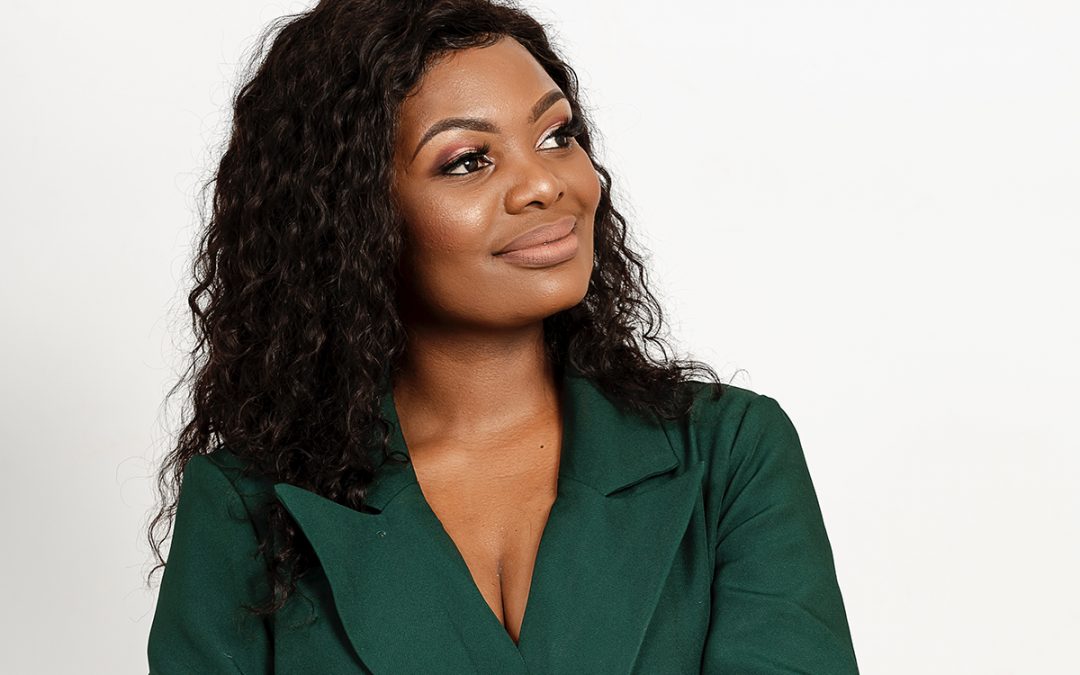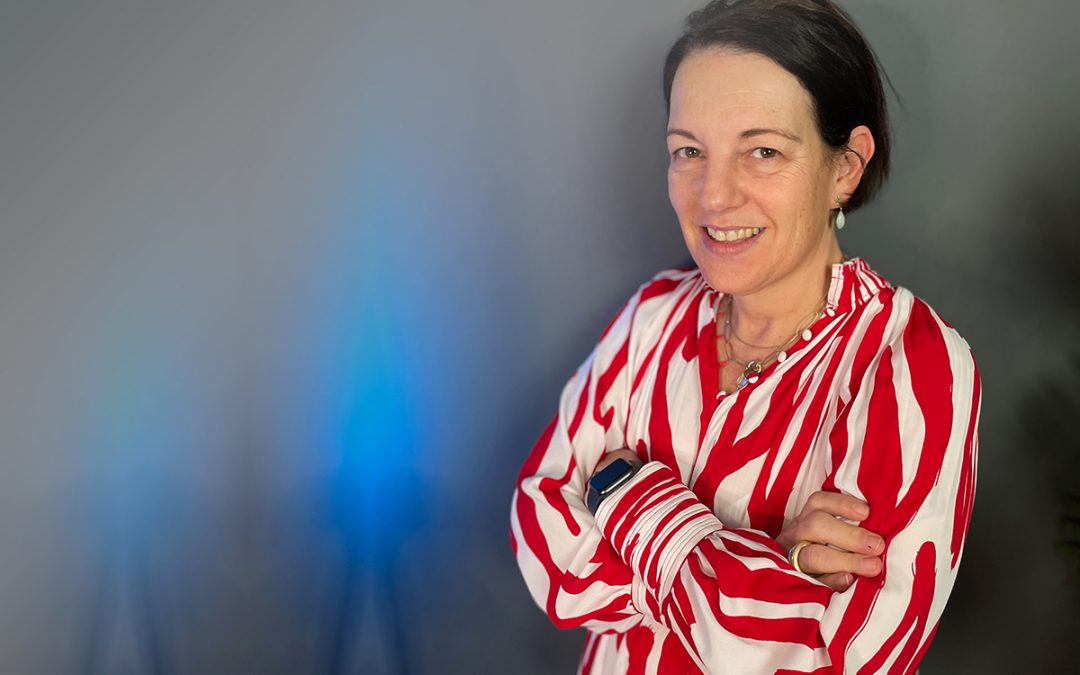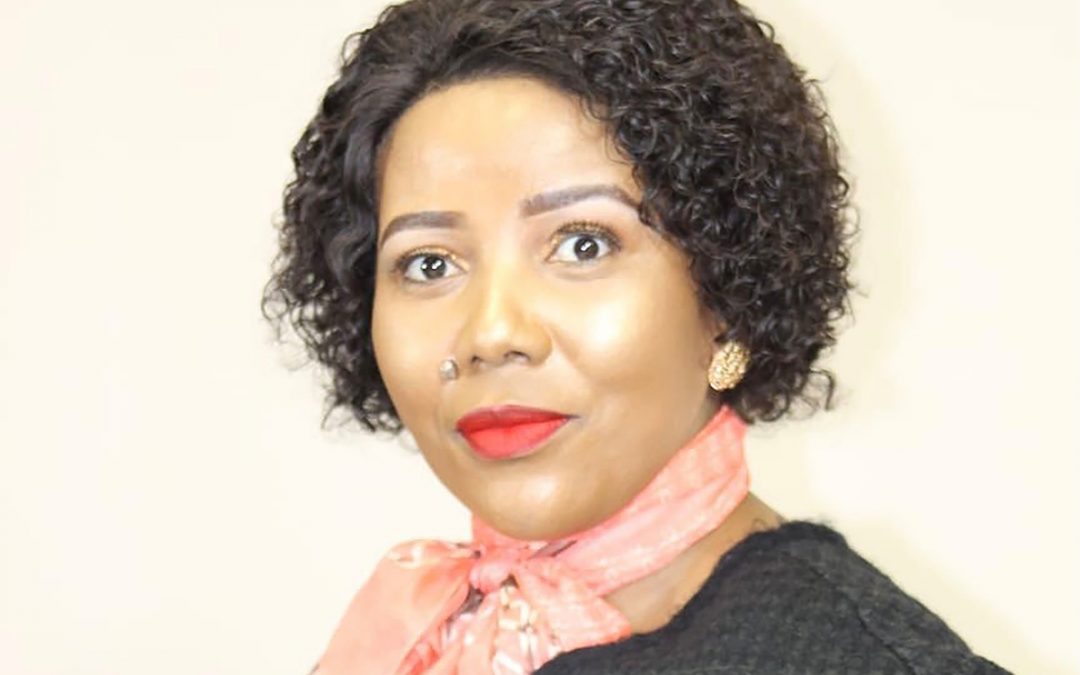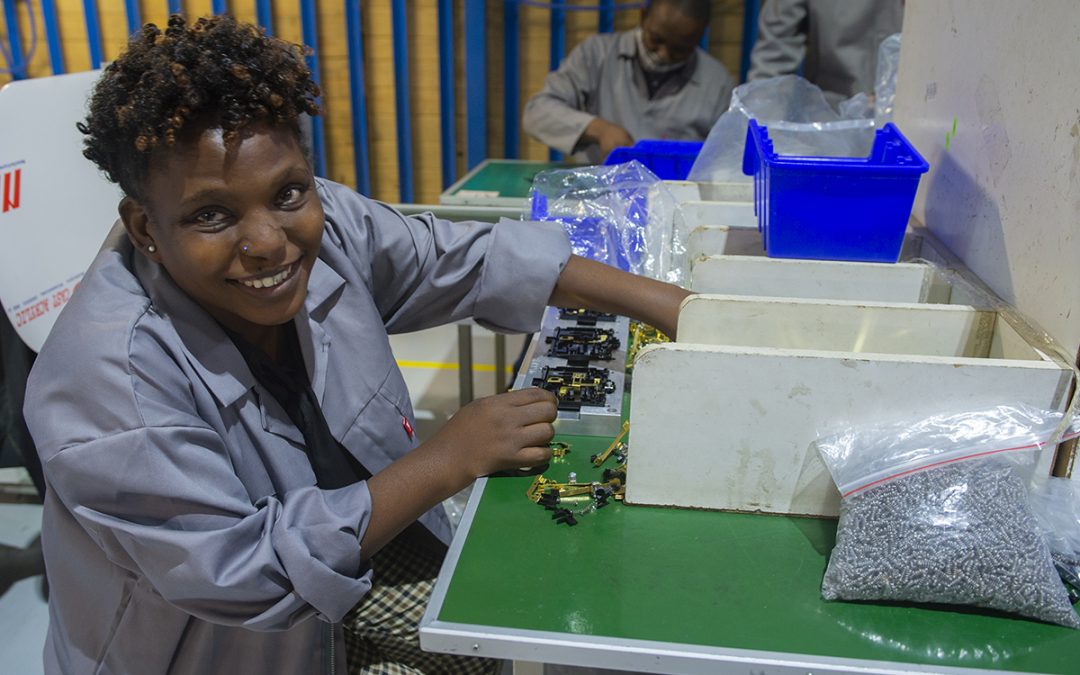Sue Hedden, a former high school Zulu teacher from Durban, co-founded Woza Moya in response to how the HIV/Aids pandemic affected families in KwaZulu-Natal’s Ufafa Valley.
Working as the director of the community-based organisation, Hedden leads with compassion. She started Woza Moya in 2000, alongside two partners, with the vision to create a safe and clean environment where community members are healthy and productive.
“People were dying in numbers, with no help or medication being available when we started this initiative — South Africa’s response to HIV/Aids has come a very long way since then. Our community health programme works in a close partnership with the department of health. We are seeing far fewer people struggling to access health services and support. We are also a designated medicine pick-up point and have a well-trained and supervised team of community caregivers,” says Hedden.
Also at the heart of the work Hedden and her team do is to create nurturing spaces for families. “We see young children in our early childhood development programme being better cared for by their guardians, and this includes improved nutrition, immunisation, reaching appropriate milestones, earlier interventions and referrals, if and when required, happier and better-adjusted socially, and growing and developing as they should,” she continues.
Having combined her love for teaching with her passion for community building, Hedden facilitates a collaborative environment where the women of Ixopo participate in their upliftment through Woza Moya. The organisation’s sustainable livelihoods programme has divided 160 vulnerable women into eight self-help groups of 20. They save R2 each per week, and are now banking on average R50 000 per group. Through this, many of the participating women have been able to open small businesses and productive food gardens.
“I love seeing people improving their own lives and becoming more healthy, productive, proud and empowered, and doing it all for themselves. This autonomy instils a sense of self-reliance that allows you to take off towards greater horizons and, ultimately, this is what we are all here to do — to reach our full potential,” says Hedden.
Starting a women’s empowerment initiative in a country with such major gender disparities comes with its own set of challenges, but Hedden and her partners were undeterred. “Myself, Jane Nxasane and Benedicta Memela founded Woza Moya in a deep rural traditional patriarchal community. And we did it with many odds stacked against us, but now people take us seriously and know that we are not pushovers,” she says.
Creating a community of allies allows for more impactful growth where people can thrive as a collective, which is what makes the work of Woza Moya so effective. “In standing together as a community, we are trying to effect change for the good of everyone. Keeping the most vulnerable groups, such as children and the elderly, at the centre of our hearts. We have been able to have a stronger and more powerful voice and have protected our community members.”
In standing together as a community, we are trying to effect change for the good of everyone. By keeping the most vulnerable groups, such as children and the elderly, at the centre of our hearts, we have been able to have a stronger and more powerful voice and have protected our community members.



